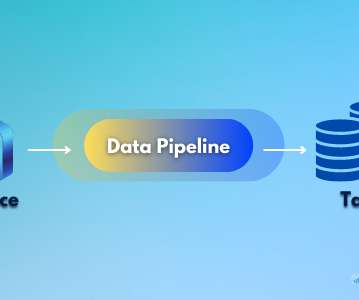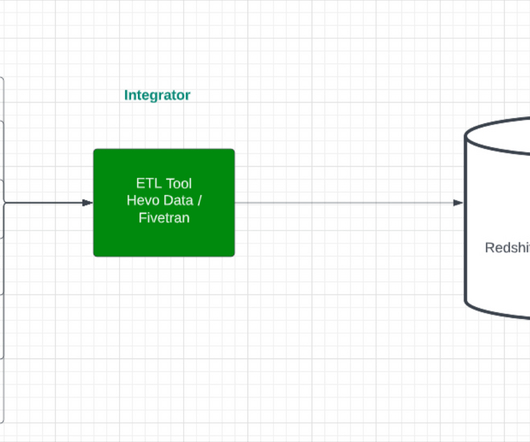Tips to Build a Robust Data Lake Infrastructure
DareData
JULY 5, 2023
We've seen this happen in dozens of our customers: data lakes serve as catalysts that empower analytical capabilities. If you work at a relatively large company, you've seen this cycle happening many times: Analytics team wants to use unstructured data on their models or analysis. And what is the reason for that?













Let's personalize your content